Taliban rulers kill over 200 former troops, officials since takeover of Afghanistan: UN
More than 200 former Afghan soldiers and officials have been killed extrajudicially since the Taliban overthrew the government of former president Ashraf Ghani and seized power in Afghanistan in August 2021, the United Nations has said.
The report by United Nations Assistance Mission in Afghanistan (UNAMA), covering the period from the Taliban takeover to June 30, 2023, said “impunity prevails” in Afghanistan, where efforts by the authorities to investigate and hold perpetrators accountable have been “extremely limited”.
It recorded almost half of all extrajudicial killings of former government officials and Afghan security forces during the first four months of Taliban rule. But violations continued in 2022, with 70 extrajudicial killings recorded.
The UNAMA has documented 800 cases of serious human rights violations, including arbitrary arrests and detentions, torture and ill-treatment and enforced disappearances.
Rights violations were recorded across all 34 provinces, with the greatest number in Kabul, Kandahar and Balkh provinces.
The report documented more than 424 arbitrary arrests and detentions of former government officials and former members of the Afghan National Defense and Security Forces (ANDSF) and more than 144 instances of torture and ill-treatment.
Individuals interviewed by the UN agency described being beaten with pipes and cables, as well as receiving verbal threats and abuse.
UNAMA heard from family members whose relatives had been arrested or gone missing, their bodies found days or even months later. In some instances, individuals have never been found.
Even in the few cases where an investigation was announced, progress lacked transparency and accountability, UNAMA said.
The UN High Commissioner for Human Rights, Volker Turk, said that the violations were committed by the rulers despite a general amnesty announced by the Taliban immediately after its takeover.
“UNAMA’s report presents a sobering picture of the treatment of individuals affiliated with the former government and security forces of Afghanistan since the Taliban takeover of the country,” Turk said in a statement accompanying the release of the report on Tuesday.
“Even more so, given they were assured that they would be not targeted, it is a betrayal of the people’s trust,” Turk said, urging the Taliban to uphold international law and prevent further violations.
Days after President Ashraf Ghani fled the country in August 2021, the Taliban announced a “general amnesty” for government workers across Afghanistan and urged women to join its government.
Roza Otunbayeva, the secretary-general’s special representative for Afghanistan and head of UNAMA, called on the Taliban to “demonstrate a genuine commitment to the general amnesty”.
“This is a crucial step in ensuring real prospects for justice, reconciliation and lasting peace in Afghanistan,” Otunbayeva said.
The Taliban took control of Afghanistan as the United States and NATO troops withdrew from the country after two decades of war.
Despite promising a more moderate administration compared with their previous stint in power in the late 1990s, the Taliban has enforced harsh rules, banning girls’ education after the sixth grade and barring Afghan women from public life and most work, including for nongovernmental organizations and the UN.
There’s no curb on women’s education and employment in most Muslim-majority countries around the world.
No country has yet recognized the Taliban as legitimate rulers of the country. Regional nations say the establishment of peace and stability in Afghanistan is only possible through the formation of a broad-based government in the war-ravaged country.
Power running out at key Gaza hospital, ICU patients at risk: Report
VIDEO | Press TV's news headlines
‘Speaking truth is her crime’: Netizens rip into European allies of Israel for targeting Albanese
Russia reaffirms support for Iran’s sovereignty amid rising US threats
VIDEO | 3,000 bodies of Palestinians ‘evaporated’ as Israel used banned weapons in Gaza
Iran says political pressure cannot undermine its ‘inalienable’ enrichment right
Former Trump adviser Bannon plotted with Epstein to 'take down' Pope Francis
China warns US against ‘plotting’ on Taiwan, says it risks confrontation


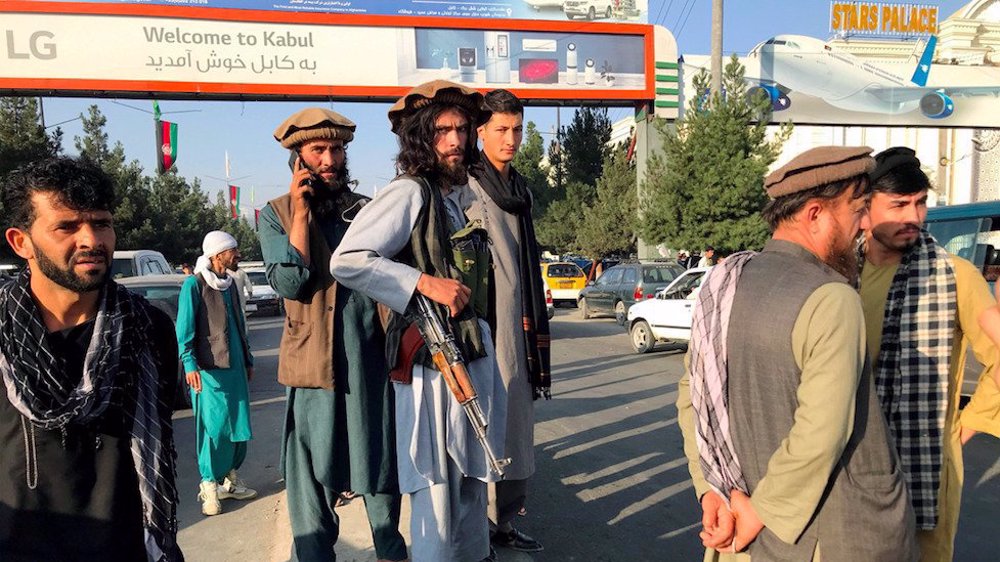
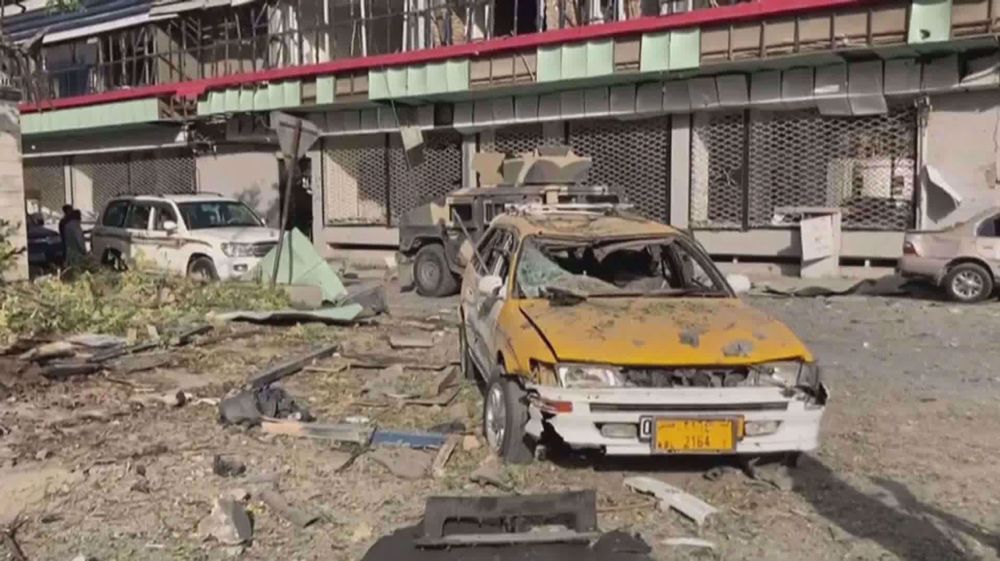
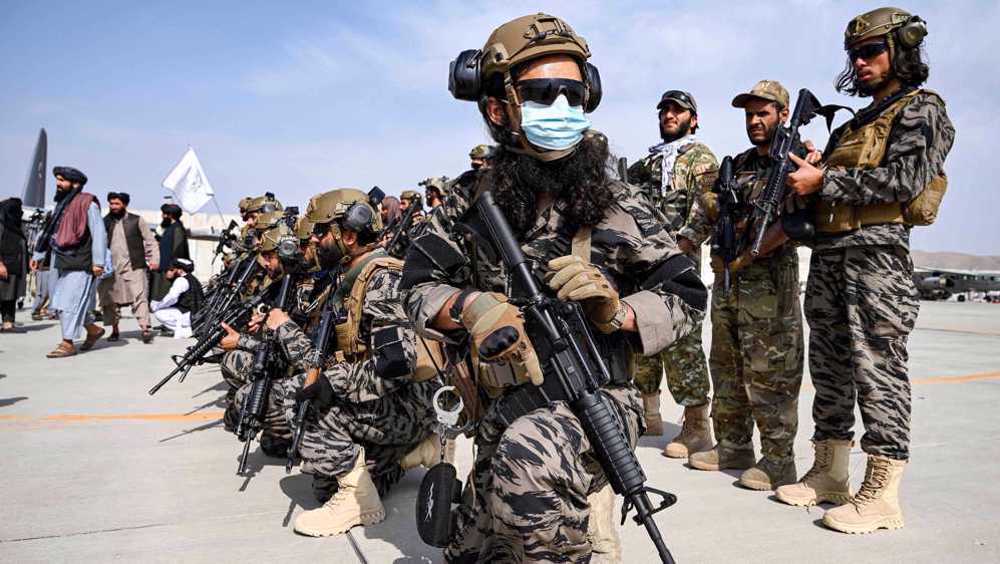
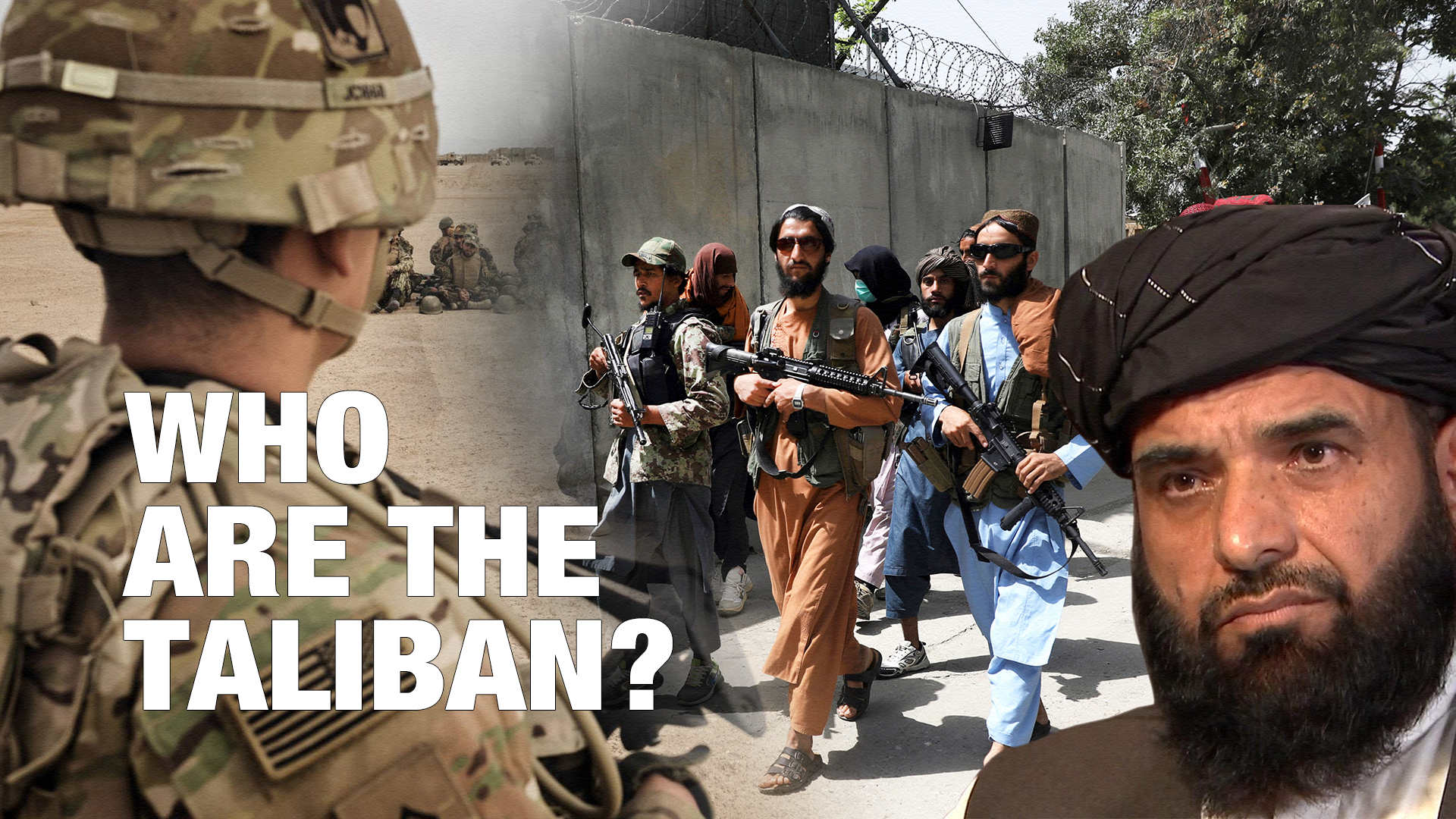
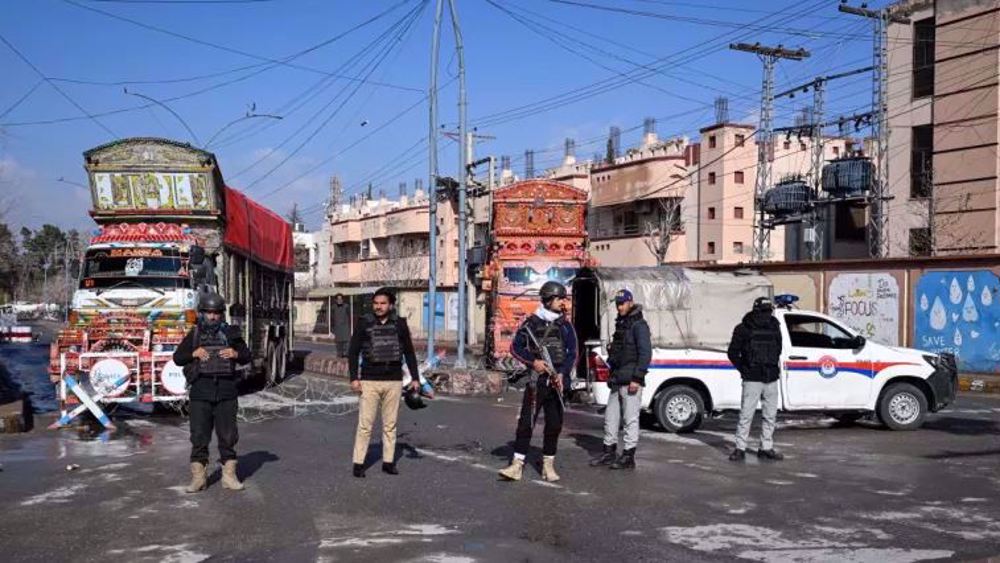
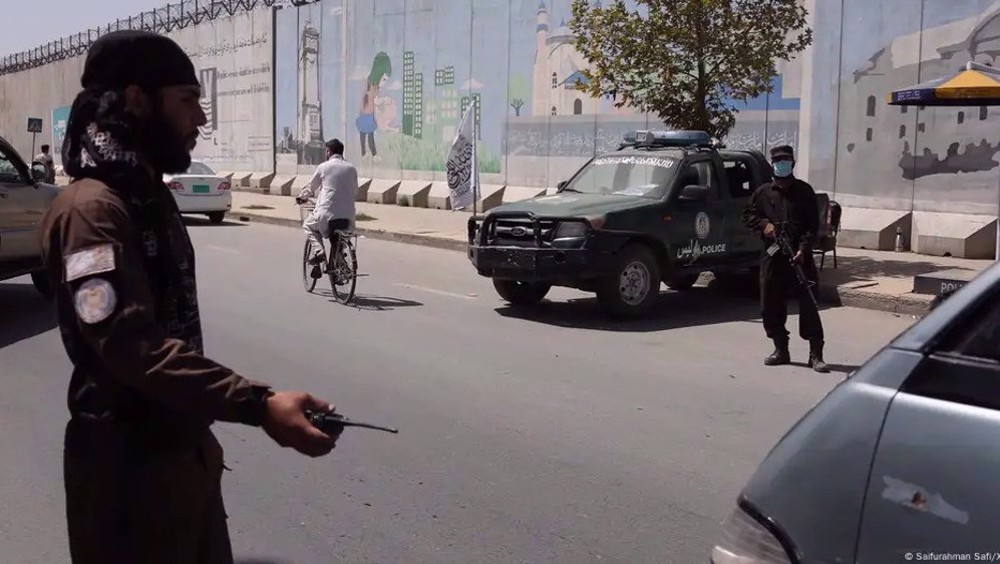
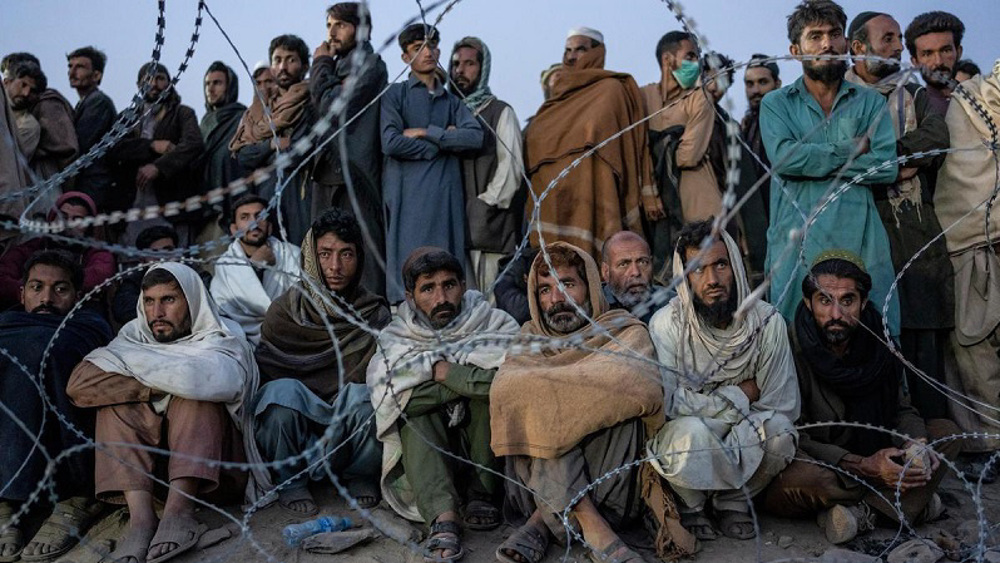



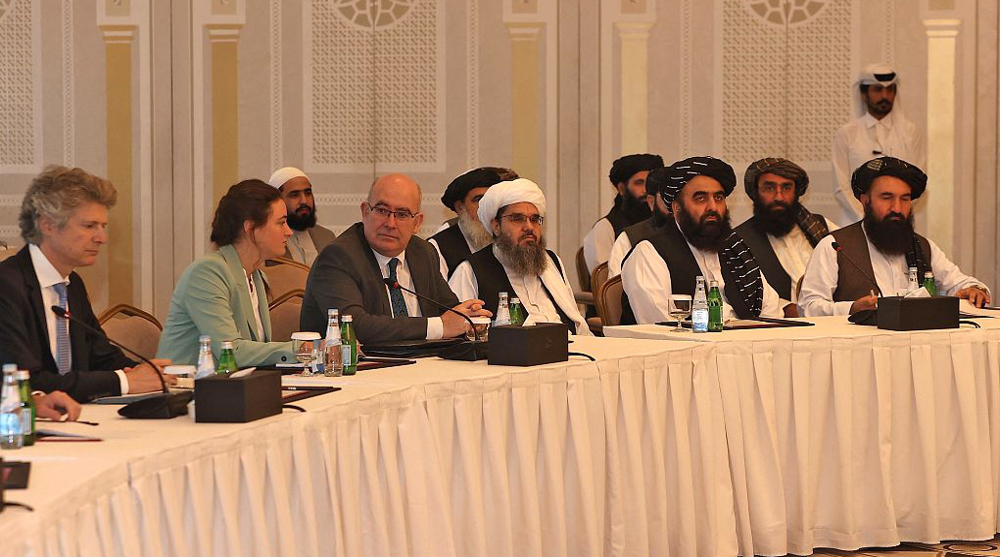

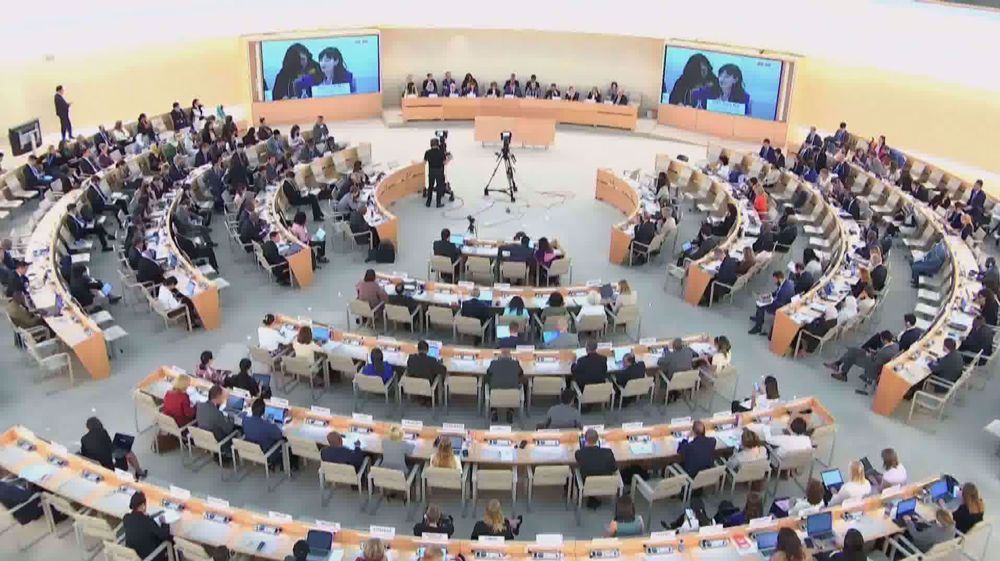
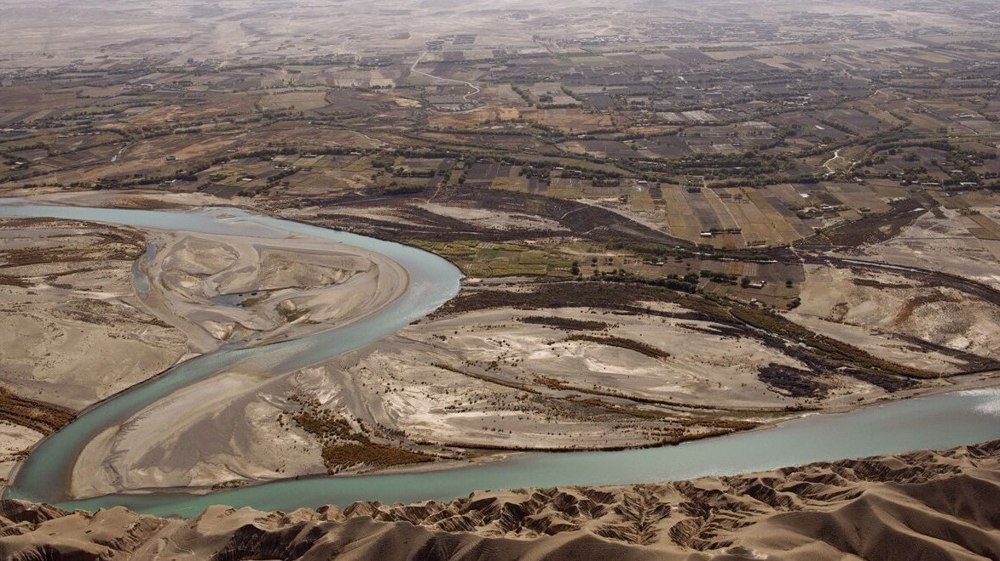
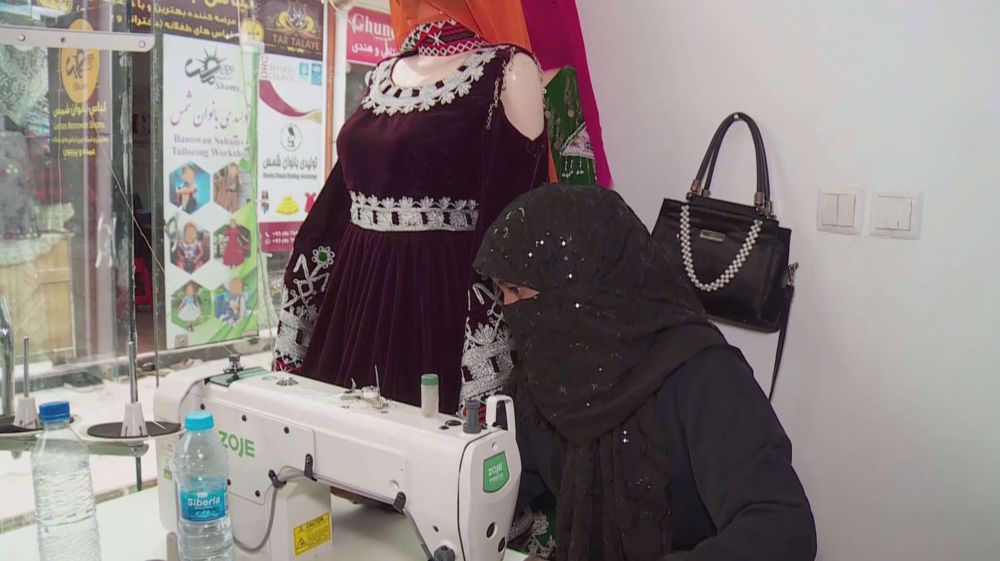
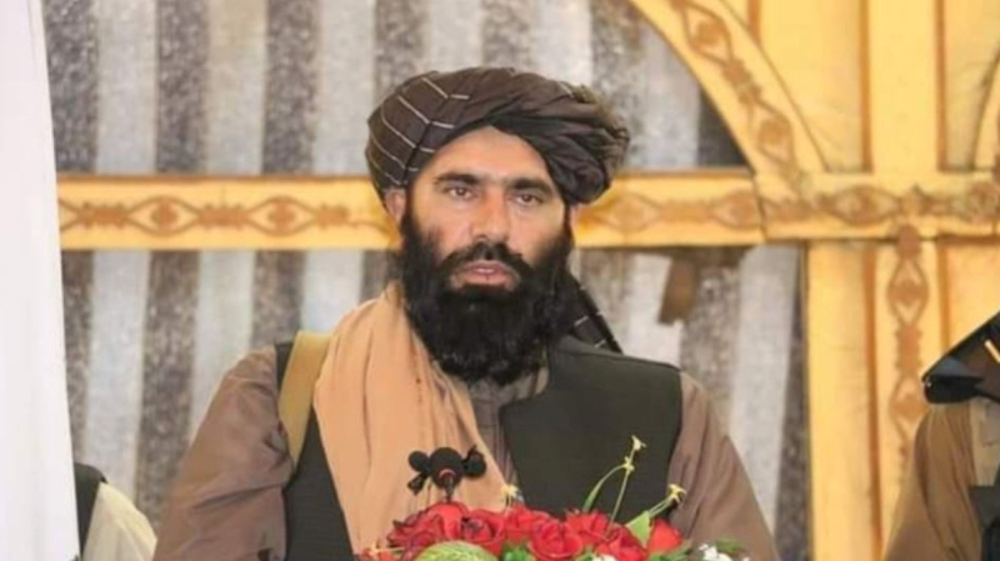
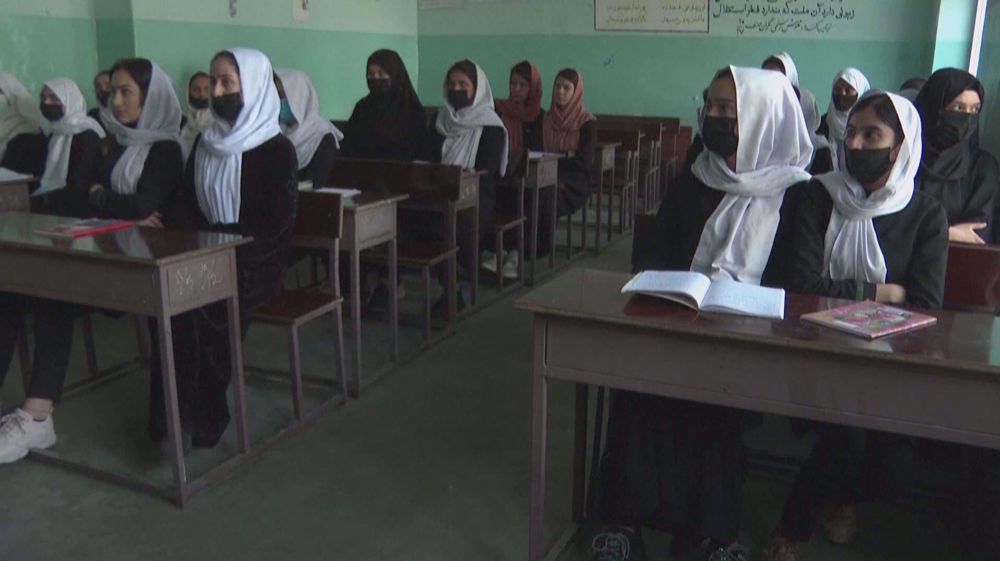

 This makes it easy to access the Press TV website
This makes it easy to access the Press TV website